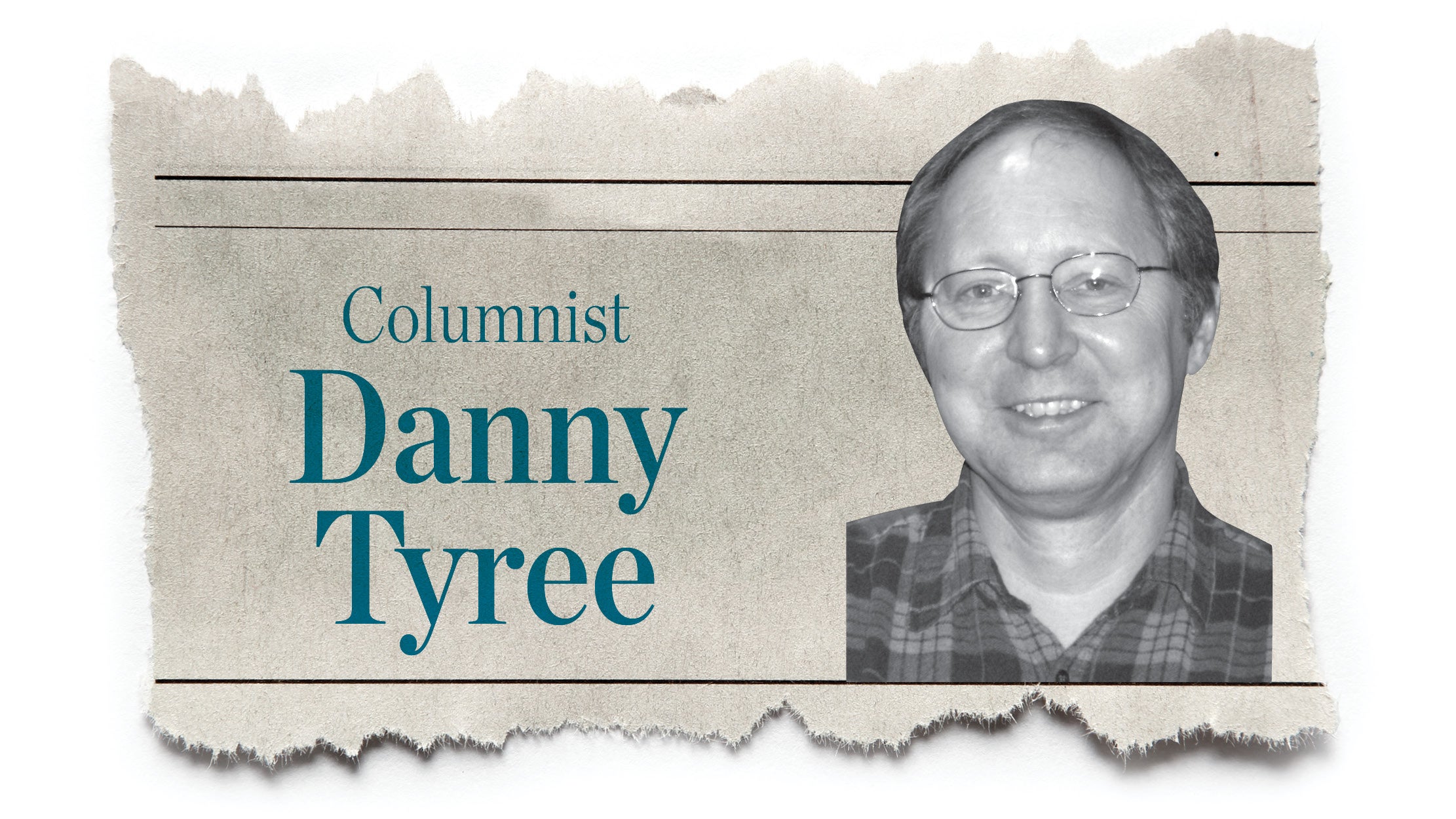Privatization hampers Medicare
Published 12:31 pm Wednesday, July 24, 2013
I almost didn’t write this column. I don’t want to seem ungrateful or critical of the nurses and doctors who have provided health care for me and my family through a variety of illnesses.
But after another recent bizarre incident with one of the private companies that administers the drug program for the teachers retirement system and Medicare, there’s a story here that needs to be told. Put simply, for all the nonsense we hear about business being more efficient than government, it just isn’t so.
I got a letter from — we’ll call it “Hurry Scripts,” the company in question. It said, “Please contact our Member Services Department as soon as possible.”
So I called and, after punching the requisite buttons in response to the standard computer voice, talked to “Lenore.” She was puzzled, and said she couldn’t find what prompted the letter. She said she’d get the supervisor, put me on hold, and I listened to the happy, motivational computer music that was sputtering in and out.
“Ellen,” the supervisor, too was baffled, said she’d have to research the matter, and put me back on hold. Finally, she came back and said, “I can’t figure out why you received this letter.” I thanked her and hung up.
This is only one, small illustrative incident in a long string of, frankly crazy fumbles, puzzles, and dead end conversations since I’d gone on this privately managed Medicare system in June.
The first weird letter arrived saying “Hurry Scripts” had filled one of my prescriptions but didn’t know where to mail it!
So I called them, and after going through the computer rigmarole, told a lady in Las Vegas, where most of their operators are, they could mail the prescription to the same place they had mailed the letter. It was also the same address they had been sending my prescriptions for years, servicing my previous insurance.
My wife, with the same insurance and “Hurry Scripts,” went to the local drugstore where we’d gotten prescriptions filled and were told they had no agreement with our insurance company — we’ll call it “Nyetna,” so she had to pay the full price for a medicine she needed.
Next day we received “Nyetna’s” brochure listing the drugstores where we should shop, and yep, it included the very one who’d said they had no agreement.
On one occasion I received a phone recording which said “Hurry Scripts” could not fill my prescription for Crestor, the cholesterol-lowering medicine my cardiologist had prescribed. When I called back and asked “Mary,” at “Nyetna” why it couldn’t be filled, she said it wasn’t “Nyetna” that wouldn’t fill it, but “Hurry Scripts.” But, I pointed out, they’ve been sending it to me for months under my old insurance.
So, we conferenced with “Chuck,” who seemed to be in India, but got nowhere, leaving the matter still unresolved. I have several months’ supply, so I’ll let the cardiologist argue with the drug company about what pill to pay for — but what a waste of his time.
Anyway, I’ve got all my medications so far, but the large amount of confusion and duplication costs all of us lots of money. This complicated, for-profit health care system is by far the most inefficient in the world.
Doctors and nurses in England, especially, never have to spend their time figuring out what to charge a patient, who’s going to pay, or how they’ll collect it.
It’s a public, single-payer, system, paid for by citizens’ taxes. The medical profession, the patients, and the politicians left and right there are generally quite satisfied with it.
Maybe we should take another look at our privatized health care system. Let’s think again, when we hear about the virtues of the business world and how we should run hospitals or schools like a business.
The goal of a doctor, hospital, or school is service. The goal of a corporation is to wring all the profit it can out of its customers, no matter how many corners — or wages — it has to cut. And for-profit health care has to cost us more because it has to include in every transaction what non-profits and government agencies do not — profit.
Jack Burgess is a retired teacher of American and Global Studies. He’s a native of Southern Ohio who served on the Ohio Governor’s Commission on Health Care Cost Containment.





